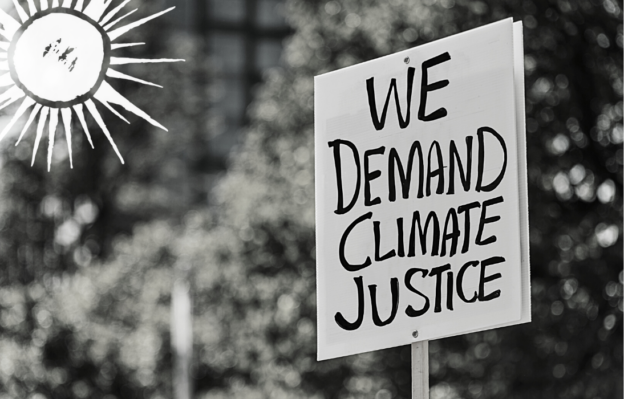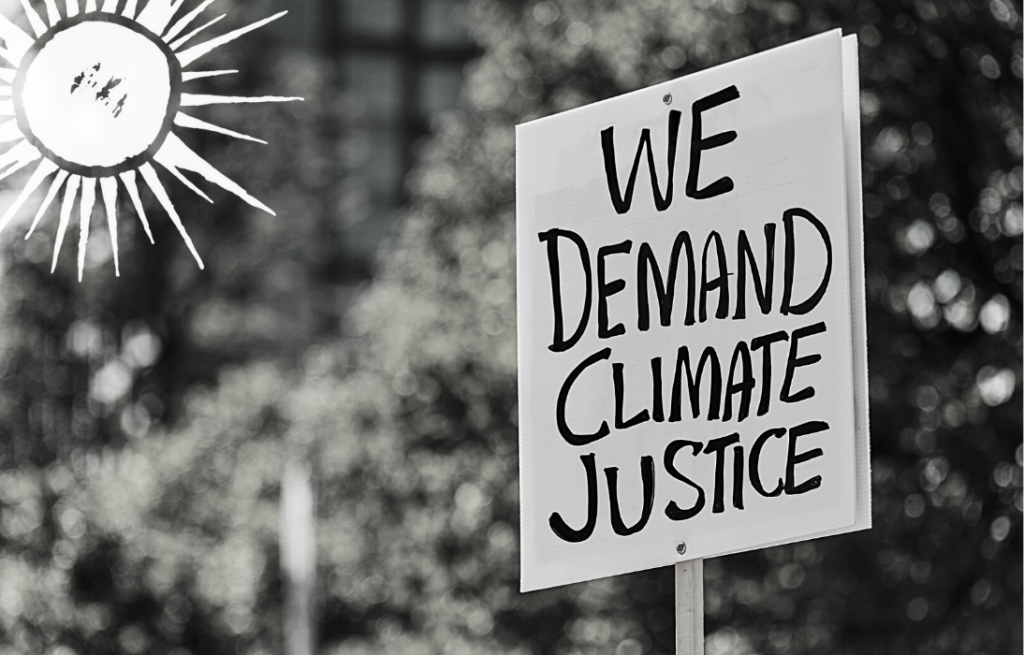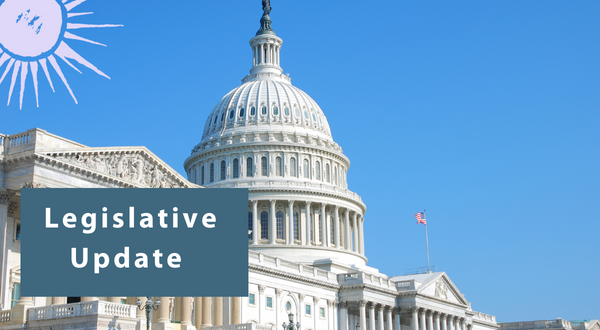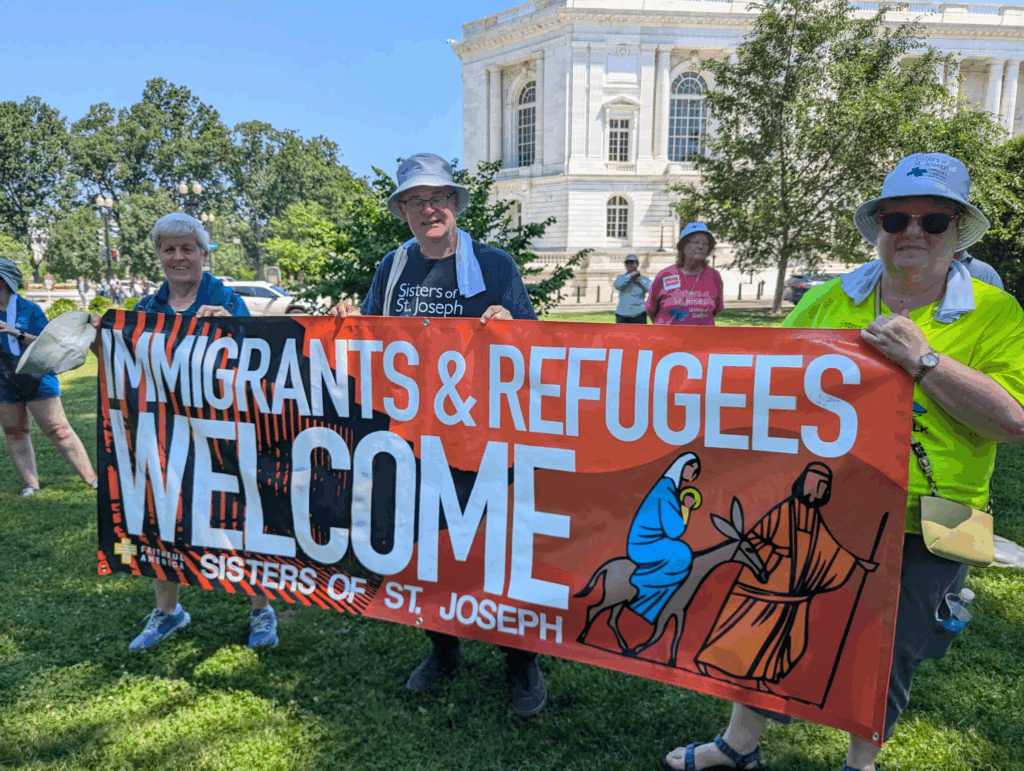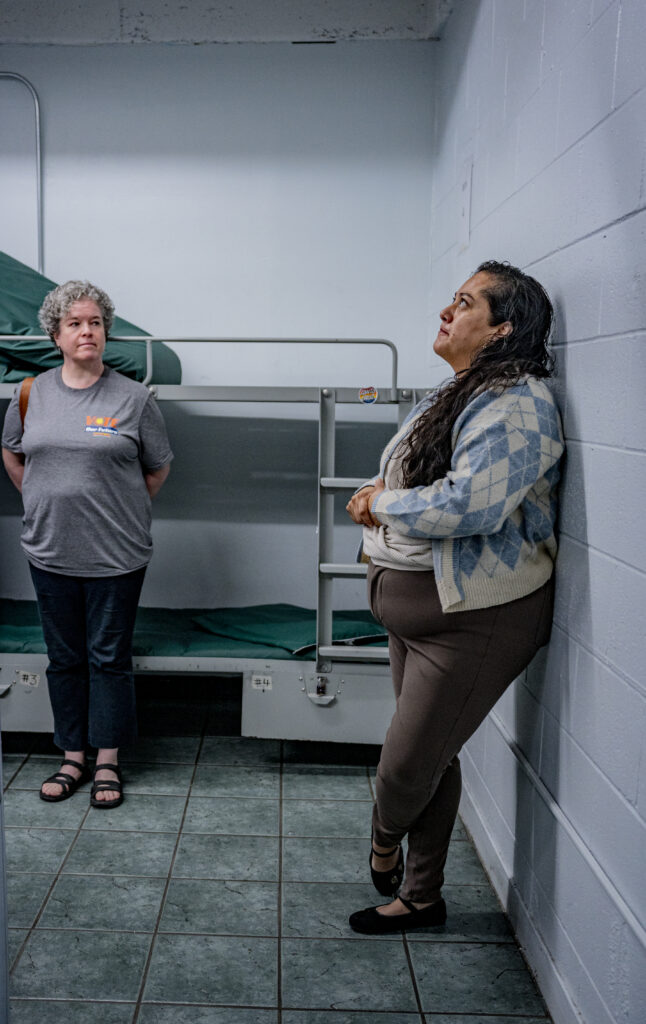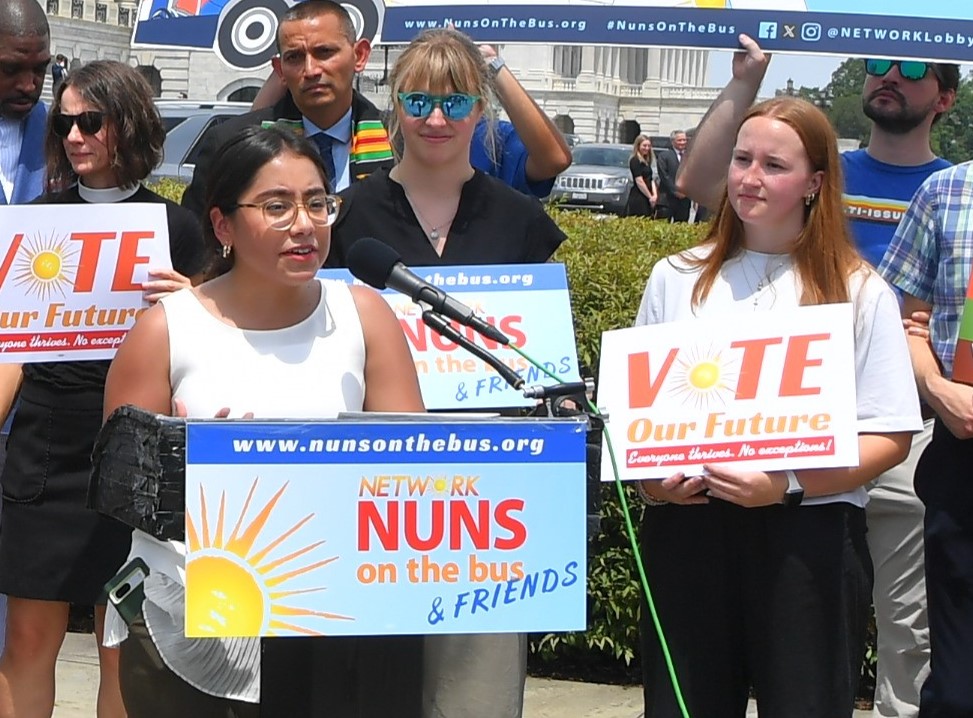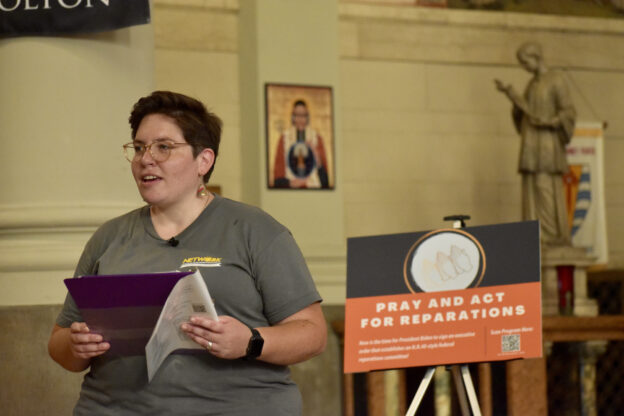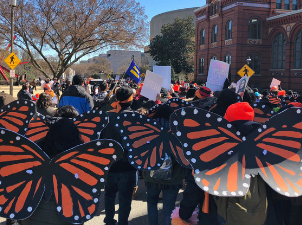EPA Tries to Make Environmental Endangerment a Non-Issue
We Declare: Not On Our Watch
Drake Starling
August 20, 2025
In a move as reckless as it is radical, Environmental Protection Agency Administrator Lee Zeldin recently announced that the EPA will revoke the Endangerment Finding, the foundational scientific determination that greenhouse gases endanger public health and welfare.
The administration’s action is a full-scale assault on clean air, clean water, clean energy, and public health – fundamental basics that we all need to thrive. If finalized, this decision would obliterate the legal basis for federal climate action and, with it, the power to protect people and our planet from pollution, disaster, and exploitation. Think drinking water that can kill you!
Let’s break it down:
No Endangerment Finding = No Climate Protections
Without it, the EPA cannot limit greenhouse gas emissions from cars, trucks, power plants, or oil and gas operations. That means more tailpipe pollution, more smog, and more soot in the air our children breathe. It means more asthma attacks, more emergency room visits, and more premature deaths, especially in low-income communities and communities of color already burdened by industrial pollution.
No Climate Rules = Dirtier Water and Weaker Storm Protections
Warmer temperatures fueled by unchecked carbon pollution mean rising sea levels, stronger hurricanes, and intensified rainfall. This leads to flooded sewage systems, contaminated drinking water, and overwhelmed infrastructure. Repealing the Endangerment Finding weakens our ability to mitigate these impacts and leaves vulnerable communities to fend for themselves when a climate disaster strikes.
EPA Authority = No Clean Energy Transition
Administrator Zeldin’s proposal not only targets car emissions, it sets the stage for dismantling rules that encourage clean energy and efficiency. That means more fossil fuels, fewer wind and solar projects, and fewer clean energy jobs in communities that desperately need them. It also means people in the U.S. will spend more to fill up their cars. This radical policy change comes just as we’re finally seeing the benefits of electric vehicles and clean technology take root.
No Accountability = No Future
This rollback erases 15 years of progress and legal precedent. It ties the hands of future presidents, public health officials, and EPA scientists. The big institutional shareholders win again. Furthermore, it tells the world loud and clear that the U.S. is once again backing out of its moral and global responsibilities to lead in this urgent space.
And For What?
The EPA claims this action is justified by a fringe research report commissioned from five climate denialists who say carbon dioxide helps plants grow. They argue—absurdly—that U.S. transportation emissions don’t matter because they’re “too small” to affect global temperatures. Never mind that transportation is the largest source of greenhouse gas emissions in the country. Never mind that if our vehicle sector were a country, it would be the fourth-largest emitter on Earth. Never mind the 7 billion metric tons of emissions that were set to be avoided under the standards this would undo.
This isn’t about science. It’s about ideology. Administrator Zeldin, once a coastal Republican concerned about sea-level rise, now says he wants to “drive a dagger through the heart of climate–change religion.” This is a far cry from the monumental progress the U.S. made in the mid-20th century by investing in efforts to clean waterways, beautify highways, and vastly eliminate environmental lead emissions. It was Richard Nixon, a Republican president, who created the EPA in 1970.
Let us be clear!
Climate justice is not a religion, but a moral responsibility — and one we must not abandon.
At NETWORK, we know that those of us most harmed by climate inaction are the same people our faith prioritizes: those of us in poverty, who are ill, elderly, displaced, or disabled people. We also recognize the damage future generations will inherit the consequences of our choices.
This decision would mean more pollution in our lungs, more toxins in our water, more wildfires, more displacement, and more loss. We reject this false choice between environmental protection and economic freedom. We reject this corrupt inversion of public service that prioritizes polluters over people. We reject this cowardly attempt to pretend the climate crisis does not exist.
The EPA has opened a public comment period on this proposal. And we plan to make our voices heard. In partnership with Franciscan Action Network, Catholic Climate Covenant, Maryknoll, the National Religious Partnership for the Environment, NETWORK is organizing a public comment letter telling the EPA that as people of faith, we reject the EPA’s rescission of the Endangerment Finding. Add your name here and tell the EPA to keep the Endangerment Finding and protect our air, water, and our climate. We will not sit by while the government tries to dismantle the very laws that protect God’s creation — and all of us who call it home. The only thing more dangerous than denying the climate crisis is denying our responsibility to confront it!







